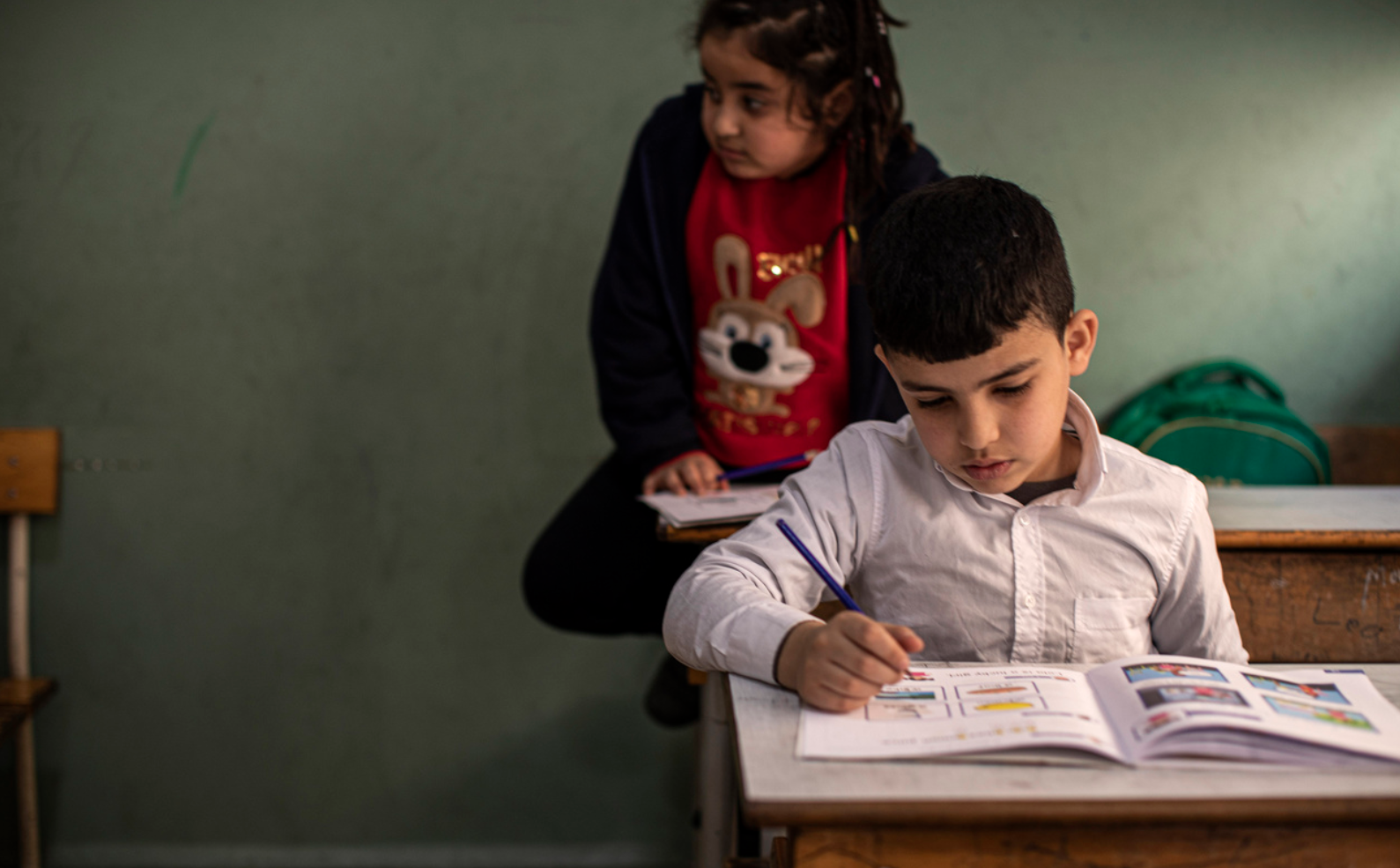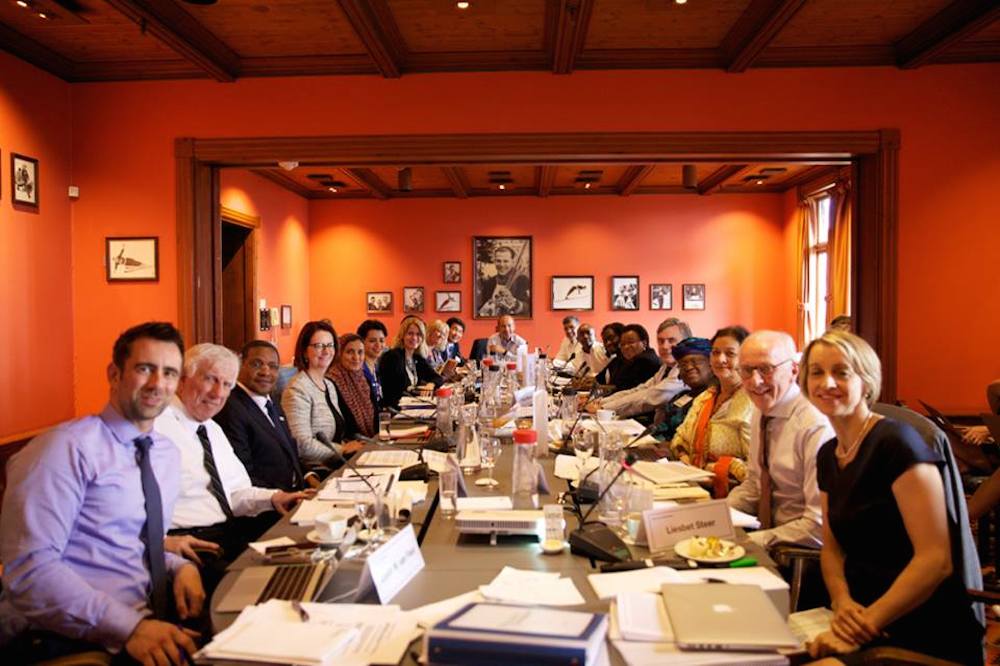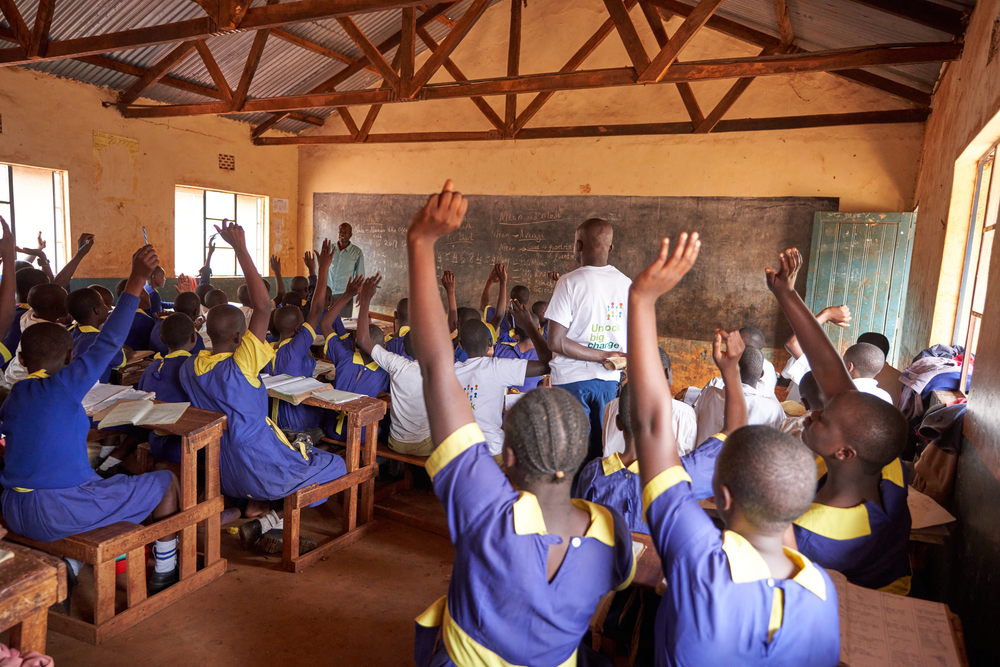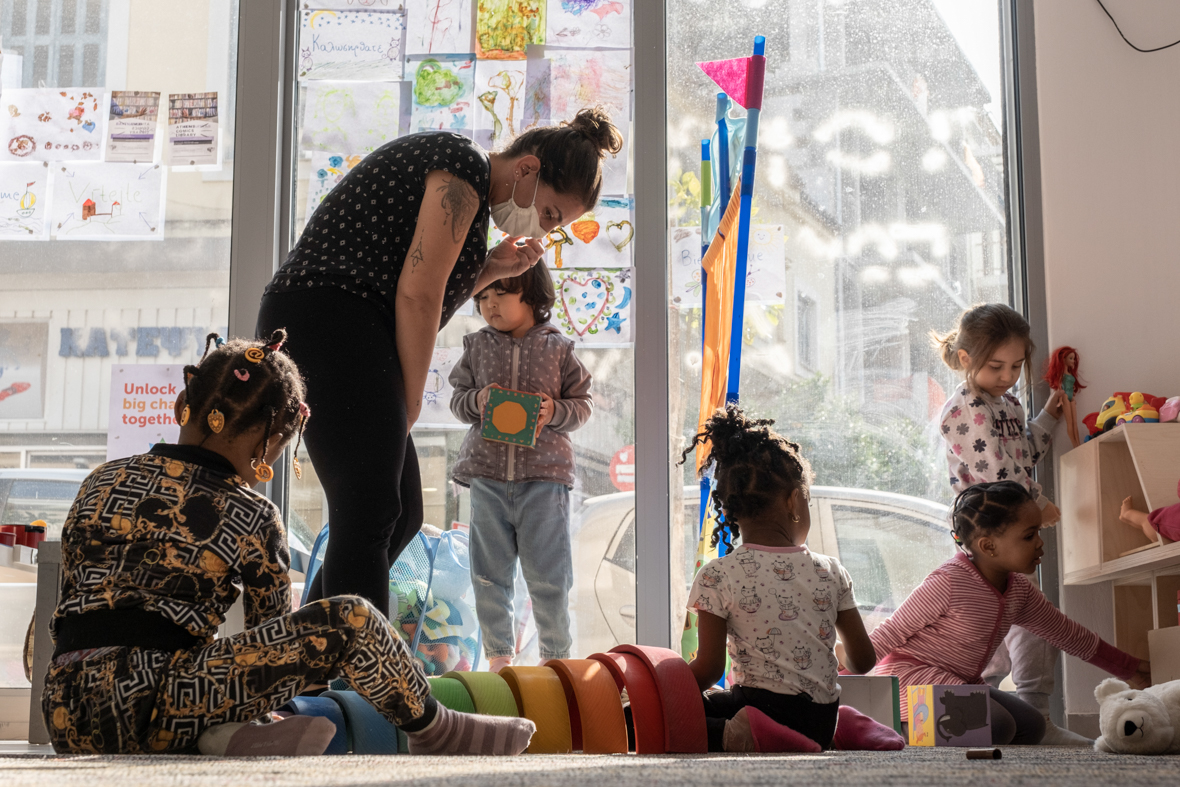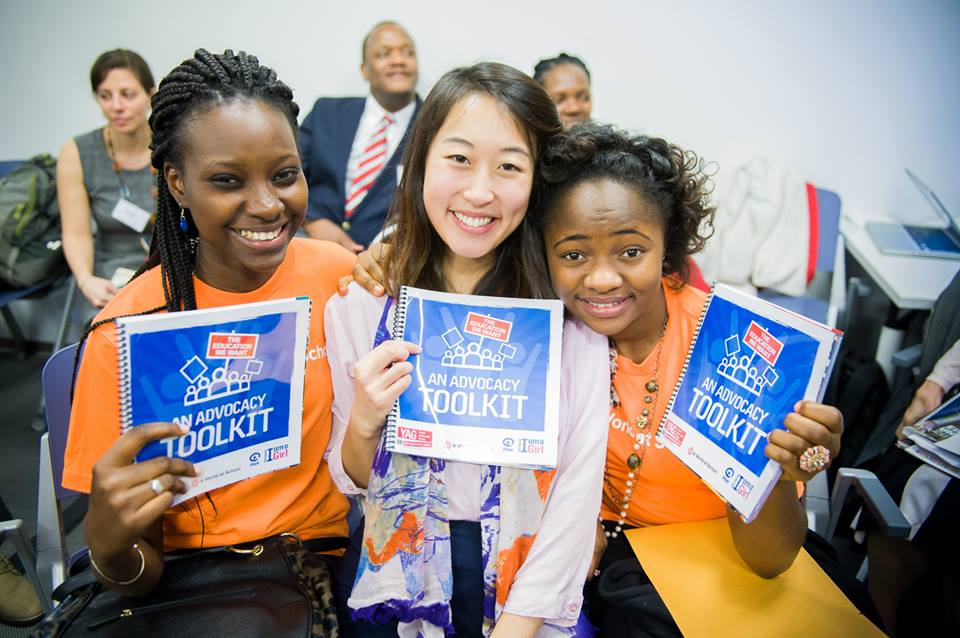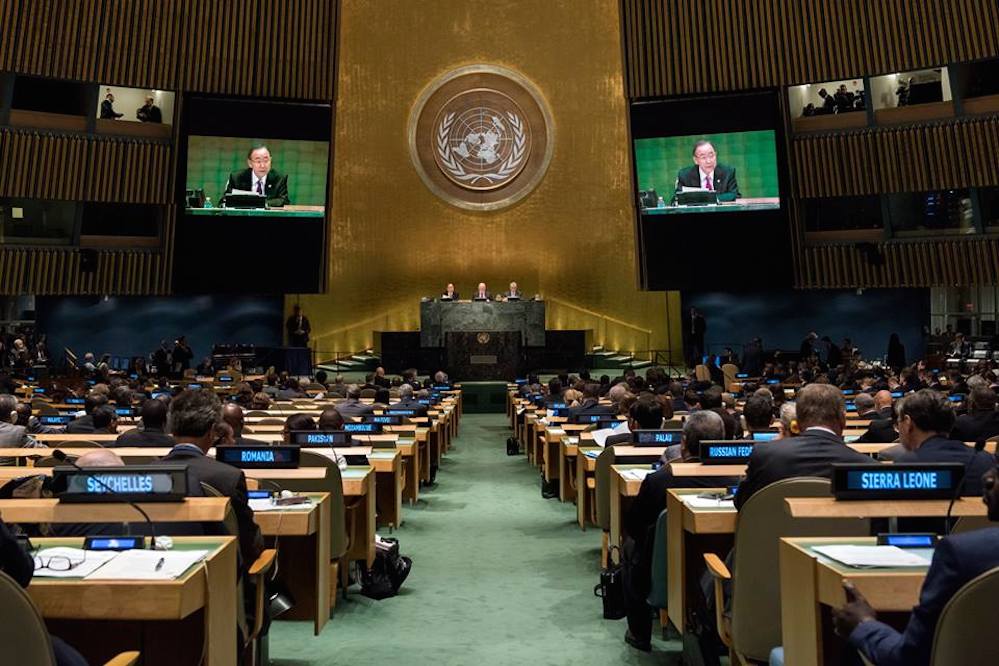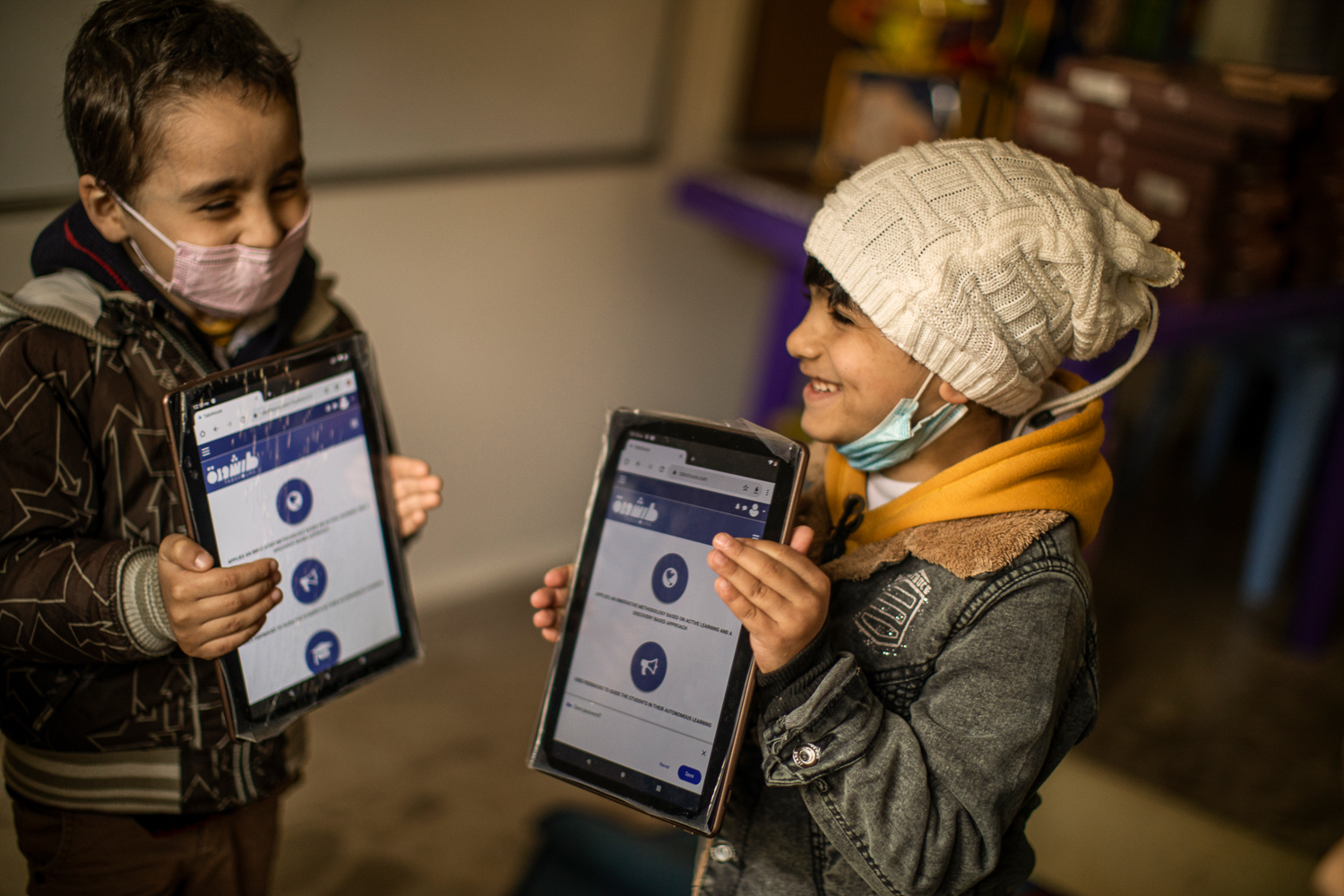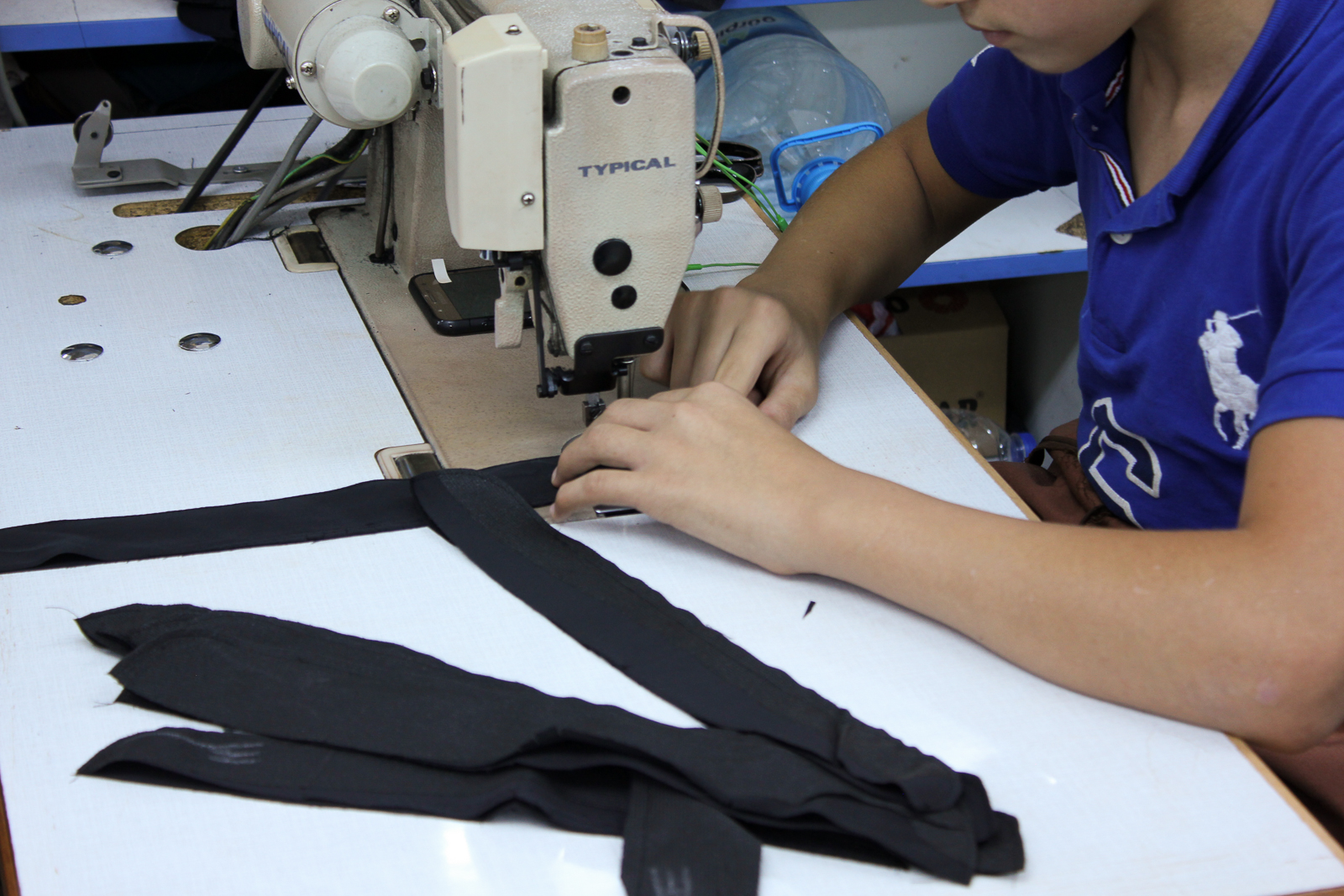
Explainer
Child labour
This page introduces you to the issues surrounding child labour. It explains what child labour is, where and why children work and how working can prevent them from going to school and trap them in a cycle of poverty.
Explainer
This page introduces you to the issues surrounding child labour. It explains what child labour is, where and why children work and how working can prevent them from going to school and trap them in a cycle of poverty.
Explainer
The International Finance Facility for Education (IFFEd or the Facility) is a major innovation that will tackle the global education crisis and, if fully supported by the international community, be a game-changer for millions of children, giving them the quality education that they deserve.
Explainer
The Education Commission is working to improve education around the world. Find more information about the structure, objectives and work of the commission.
Explainer
This page is about the right to education and how it must be put into place for every child as a fundamental human right.
Explainer
This page is about learning through play and why it is important in preparing a child for education and in health brain development - and how, without it, negative effects can stretch into adulthood.
Explainer
This page is about child nutrition. It explains what we mean by this and why it's important to enable a child to reach their full potential in life.
Explainer
This page explains what advocacy is and what it can be used for. You will find examples of well-known advocates as well as young advocates for education.
Explainer
This page is about the United Nations General Assembly, which is where the nations of the world debate on global issues and agree policies like the Sustainable Development Goals. Here you can see how Theirworld is involved with the UN through contributions to official reports, campaigns like #UpForSchool and support for funding for education in emergencies.
Explainer
This page looks at technology - how it offers new education opportunities for everyone and how children need to be learning the digital skills needed for the jobs of the future economy.
Explainer
This page tells how the world needs 25.8 million more teachers to achieve universal primary education by 2030. You will find out why we urgently need funding and strategies to get many more qualified teachers into classrooms if we hope to achieve education for all, especially the most marginalised.
